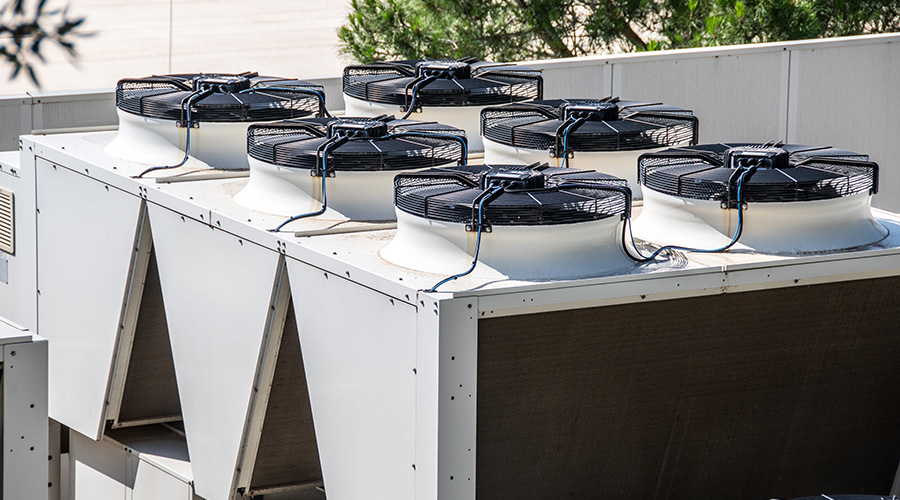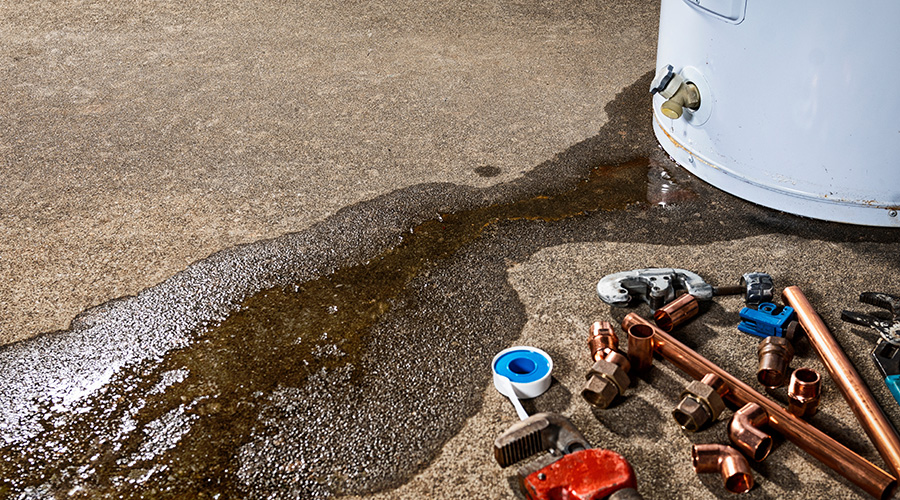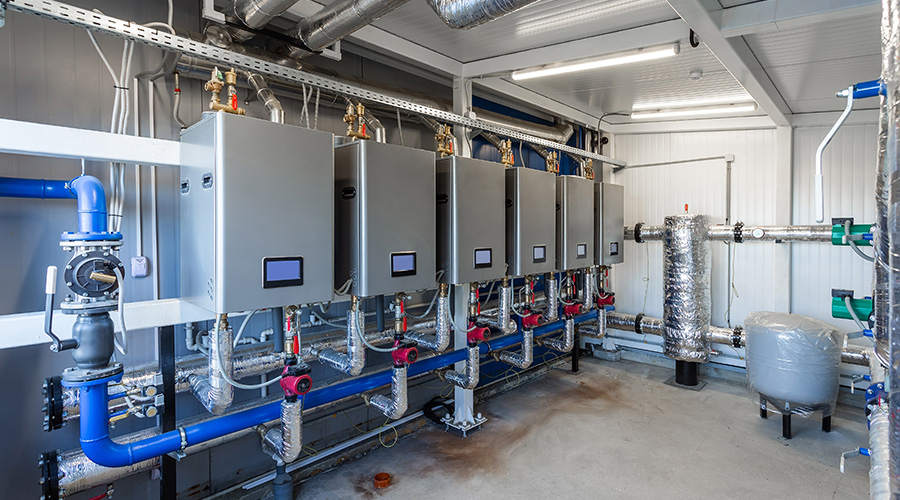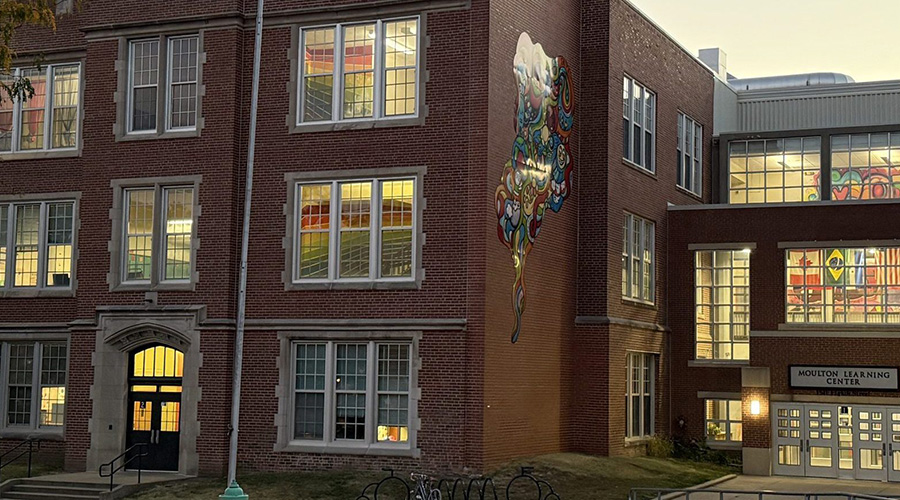Recommendation: Replace Boilers Damaged by Hurricane Sandy
We concluded it was not advisable to attempt to test these boilers with the intent of determining the extent of repairs required to return them safely and reliably into service. A thorough visual inspection of all surfaces exposed to seawater was not possible. A visual inspection of exposed surfaces would have been inconclusive.
Likewise, regardless of industry standards, a pressure test would not have been conclusive. A boiler could have passed a pressure test — typically, 1.5 times the normal operating pressure of the pressure vessel — but then failed catastrophically shortly thereafter, due to stresses that had occurred during normal operation related to heating and cooling of boiler surfaces.
At the end of the day, we could not recommend expending the time and effort to inspect and pressure-test the boilers damaged by exposure to seawater from Hurricane Sandy. Although inspectors had required the replacement of electrical service components, we recommended the replacement of all pressure vessels as a result of unknown contaminants and their long-term internal corrosion effects.
Daniel Forino, P.E., LEED AP BD+C, is an engineering manager with Horizon Engineering Associates. He specializes in providing commissioning project management for various facilities.
Related Topics:













